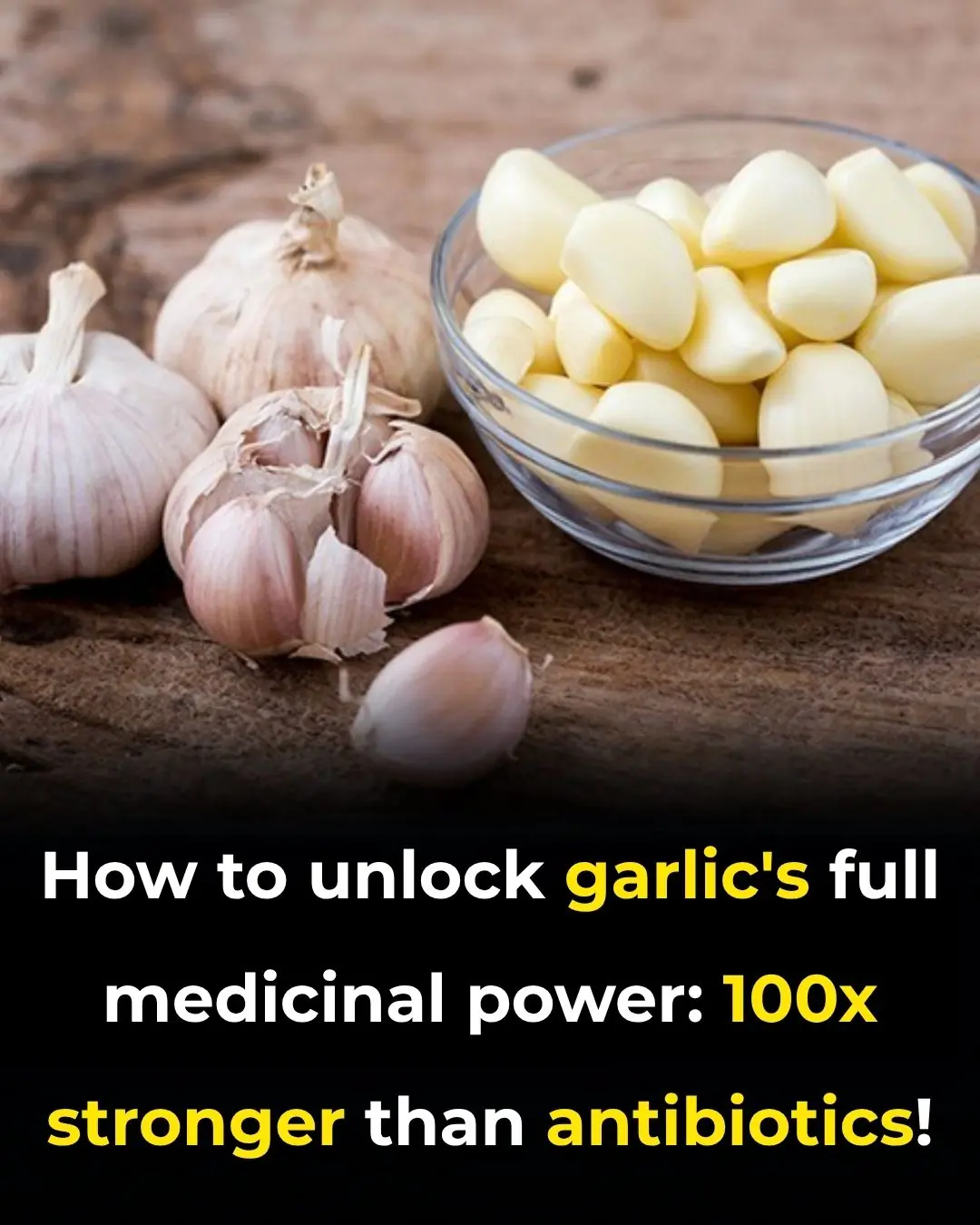
Alarming Rise: Liver Damage Linked to Supplement Use Sparks Scientific Concern
Alarming Rise: Liver Damage Linked to Supplement Use Sparks Scientific Concern

Supplements have exploded in popularity, moving from niche health trends to common household items. Today, over half of American adults regularly take pills, powders, or gummies, hoping to boost mood, metabolism, muscle mass, or general well-being. From TikTok trends pushing berberine for metabolism to celebrities endorsing sea moss for gut health, and biohackers touting curcumin for anti-aging, the supplement market is booming.
However, there's a troubling downside: supplements are increasingly being linked to liver damage, and not just mild cases. Over the past few decades, there's been a noticeable surge in severe liver issues, including liver failure, directly tied to supplement use. Beyond liver problems, people are also reporting unexpected side effects like fatigue, stomach issues, mood swings, kidney stones, hair loss, and high blood pressure after taking these products.
So, what's behind this health hiccup disguised as wellness? Experts point to three major culprits: toxic ingredients, dangerous interactions with other medications, and "megadosing" – taking far more than what's considered safe.
A Pill for Every Problem? Not So Fast.
"Everyone wants a quick fix," says Dr. JoAnn Manson, a leading physician and professor at Harvard Medical School. "People are chasing the one magic pill to slow aging or prevent disease."
It's no surprise then that an astounding 84% of supplement users genuinely believe these products are safe and effective. The critical problem? Most of the tens of thousands of supplements on store shelves have never undergone rigorous testing for either safety or effectiveness.
"It’s a bit of a free-for-all out there," Manson warns. The message is clear: consumers, proceed with extreme caution.
Nature's Medicine Cabinet: Not Always Harmless
Humans have relied on herbs, roots, minerals, and other natural remedies for millennia. While there's undeniable value in some of these time-tested treatments, today's supplement industry operates very differently.
Now, ancient remedies are repackaged as modern-day "miracle cures" in various forms – pills, powders, gummies, and drinks. They saturate social media feeds and are sold in local drugstores, often marketed as solutions to health issues that traditional doctors might have "overlooked."
Why the sudden boom? According to Dr. Dariush Mozaffarian, a cardiologist and nutrition expert, many individuals feel let down by the conventional healthcare system. More than half of patients report feeling that their symptoms are ignored or dismissed. This frustration often leads them to "do-it-yourself" medicine, frequently turning to supplements.
And yes, in specific situations, supplements can be beneficial. For example:
-
Folic acid can prevent birth defects during pregnancy.
-
Vitamin B12 is crucial for older adults.
-
Omega-3s might support heart health.
-
Probiotics can ease digestive issues.
These uses are supported by scientific studies. However, beyond these well-researched cases, many supplement claims lack strong scientific backing. "There’s no strong evidence that herbal supplements are essential for general health," states Dr. Marwan Ghabril, a liver expert from Indiana University.
In essence, for most people, taking common supplements at recommended doses might not cause harm, but they might not provide any benefit either. As Mozaffarian humorously puts it, "You’ll mostly just end up with expensive urine."
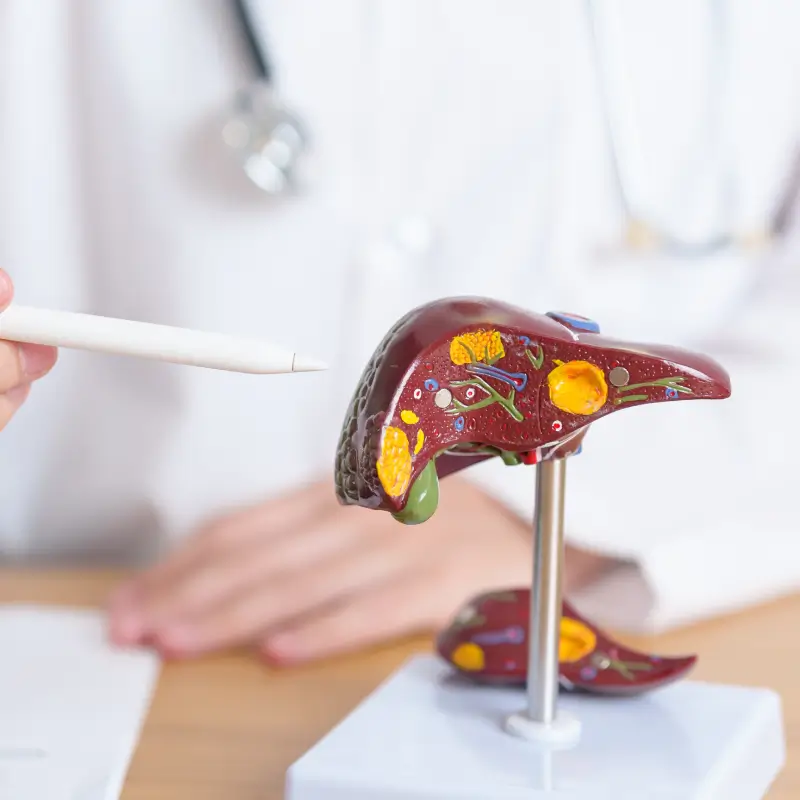
When Supplements Become Dangerous: The Alarming Statistics
The booming supplement industry isn't just filling bathroom cabinets; it's also contributing to hospital admissions. In the U.S., approximately 20% of all drug-induced liver injuries now stem from herbal and dietary supplements. Some studies even suggest this figure could be as high as 43%. Even more concerning, the number of individuals requiring liver transplants due to supplements jumped sevenfold between 1995 and 2020.
Recently, doctors have reported an increase in patients presenting with classic signs of liver failure: yellowing eyes, stomach pain, and extreme fatigue. Shockingly, these effects weren't just linked to shady, off-brand products. They were connected to well-known supplements, including:
-
Green tea extract (often found in weight-loss products)
-
Bodybuilding supplements (which sometimes contain hidden steroids)
-
Multi-ingredient pills marketed for various purposes, from hair growth to mood enhancement.
In 2024, researchers highlighted that 15 million Americans were taking supplements containing ingredients known to potentially harm the liver, such as turmeric, ashwagandha, black cohosh, garcinia cambogia, red yeast rice, and, notably, green tea.
Dr. Ghabril advises caution, suggesting individuals steer clear of anything labeled "herbal" or "botanical," especially if it claims to be a cure-all. "Basic vitamins are generally fine," he notes, "But niacin, for instance, can damage the liver in high doses."
It's also crucial to remember that "natural" doesn't automatically mean "safe." Some supplements can disrupt bile production or trigger inflammation. Moreover, when products contain multiple ingredients, it becomes incredibly difficult for scientists to pinpoint the exact cause of any adverse effects.
The Hidden Dangers: Unregulated Industry Secrets
Beyond potential harm from active ingredients, the supplement industry has some "dirty secrets":
-
Mislabeling and Adulteration: Manufacturers sometimes substitute expensive ingredients with cheaper alternatives, often without updating the label.
-
Contaminants: Alarmingly, some supplements have been found to contain toxic heavy metals (like lead or arsenic), bacteria, yeast, synthetic drugs, and even mold. For vulnerable individuals, these contaminants can lead to serious health problems, including dementia, brittle bones, infections, or appendicitis.
-
Dangerous Interactions: Mixing supplements, especially in large amounts, can lead to unintentional overdoses or hazardous interactions with other medications you might be taking.
Megadosing: When More Is Definitely Not Better
The "if a little is good, a lot must be great" mindset can be perilous with supplements. "Higher doesn’t mean better," warns Mozaffarian.
Megadosing—taking doses well above the recommended daily amount—can overload your body's systems, particularly with fat-soluble vitamins that accumulate over time. This can cause various side effects, including:
-
Stomach cramps
-
Headaches
-
Heart palpitations
-
Insomnia
Women may be particularly vulnerable due to differences in body size and metabolism. It's also important to note that individual reactions can vary based on genetics; what's safe for one person might lead to an emergency room visit for another.
"The same way prescription drugs can cause liver damage, so can supplements," Ghabril emphasizes. "We need better regulation and transparency for the sake of public health."
So, What Can You Do to Protect Yourself?
Unlike prescription drugs, supplements are not subjected to stringent testing before they hit the market. The FDA doesn't mandate proof of safety or effectiveness, leaving consumers largely in the dark. "It’s frustrating," Mozaffarian states. "Companies can make millions selling these products without being required to prove they work."
Here's how you can protect yourself:
-
Talk to your doctor before starting any new supplement.
-
Buy from reputable brands that offer third-party testing (look for certifications from organizations like NSF International, USP, or ConsumerLab).
-
Utilize trustworthy resources like the NIH’s Office of Dietary Supplements or the LiverTox database for information.
-
Avoid megadosing or combining multiple supplements without professional guidance.
-
Be skeptical of any product promising a "miracle cure."
Above all, remember this fundamental truth: supplements are not a substitute for a healthy lifestyle. "A balanced diet, regular exercise, quality sleep, and reduced stress—that’s the real magic," Mozaffarian concludes. "Get your vitamins from food whenever you can."
News in the same category


Warning Symptoms of Vitamin B12 Deficiency and How to Fix It
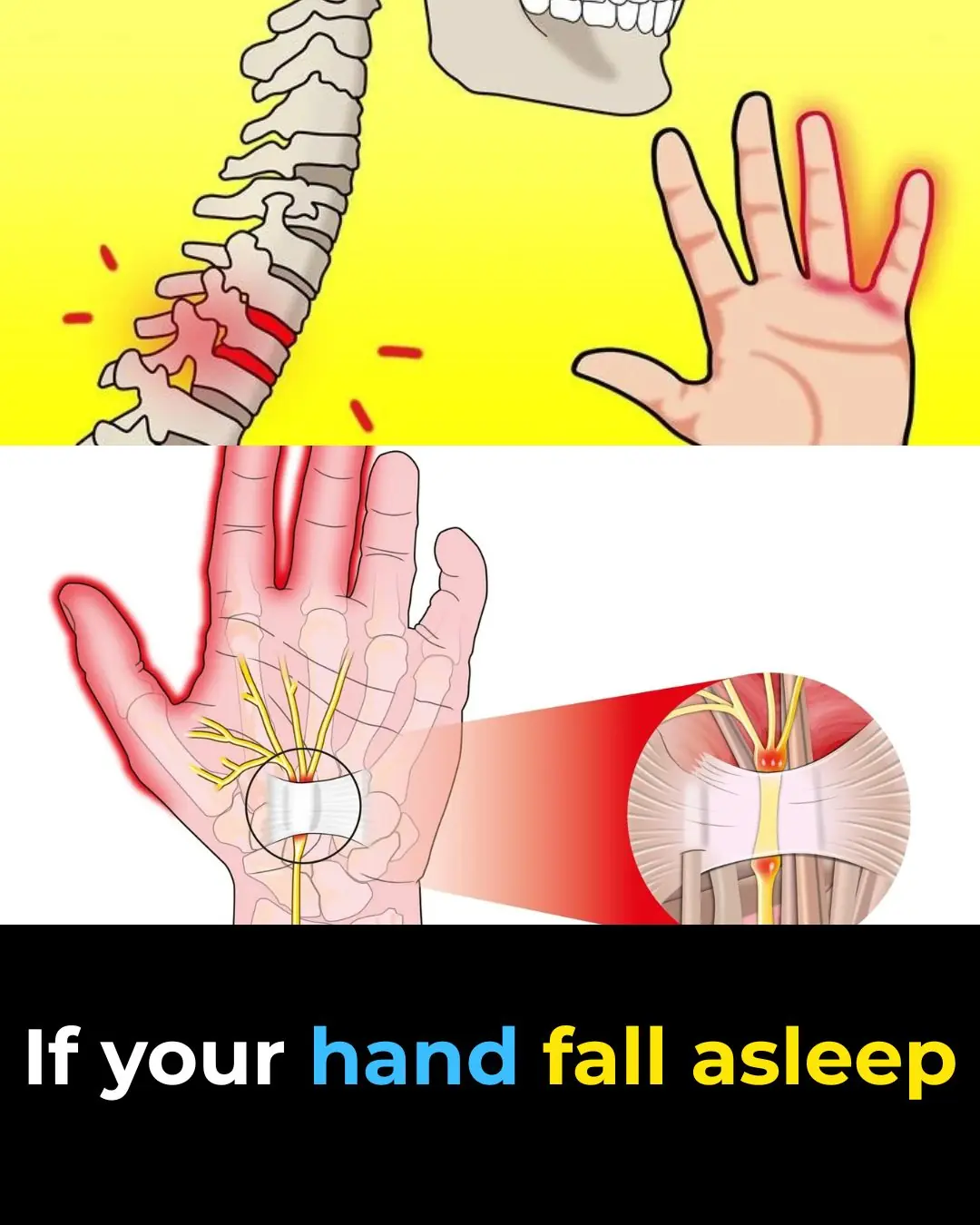
Tingling Sensation In Your Body: Why Does It Happen
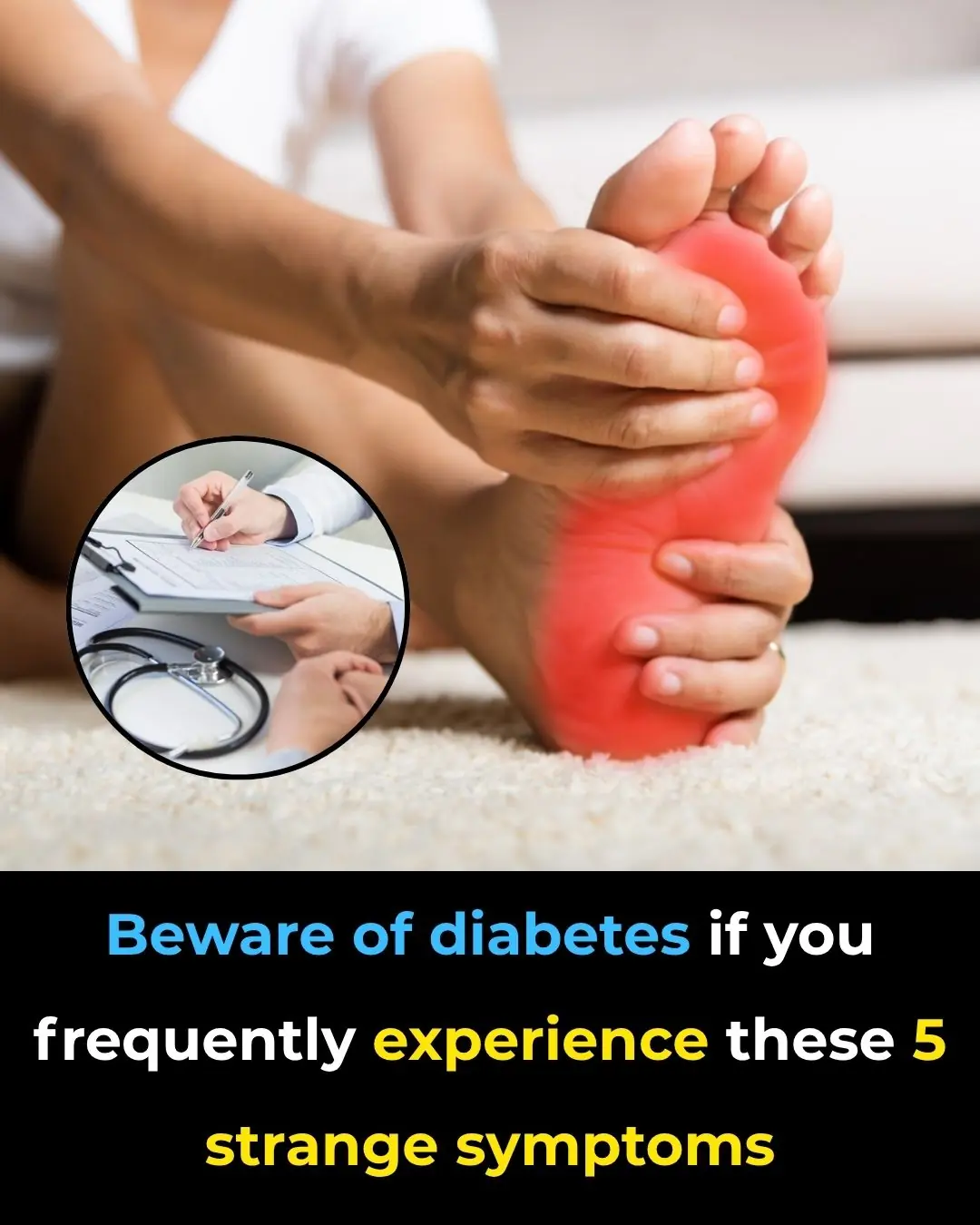
High Blood Sugar Warning Signs
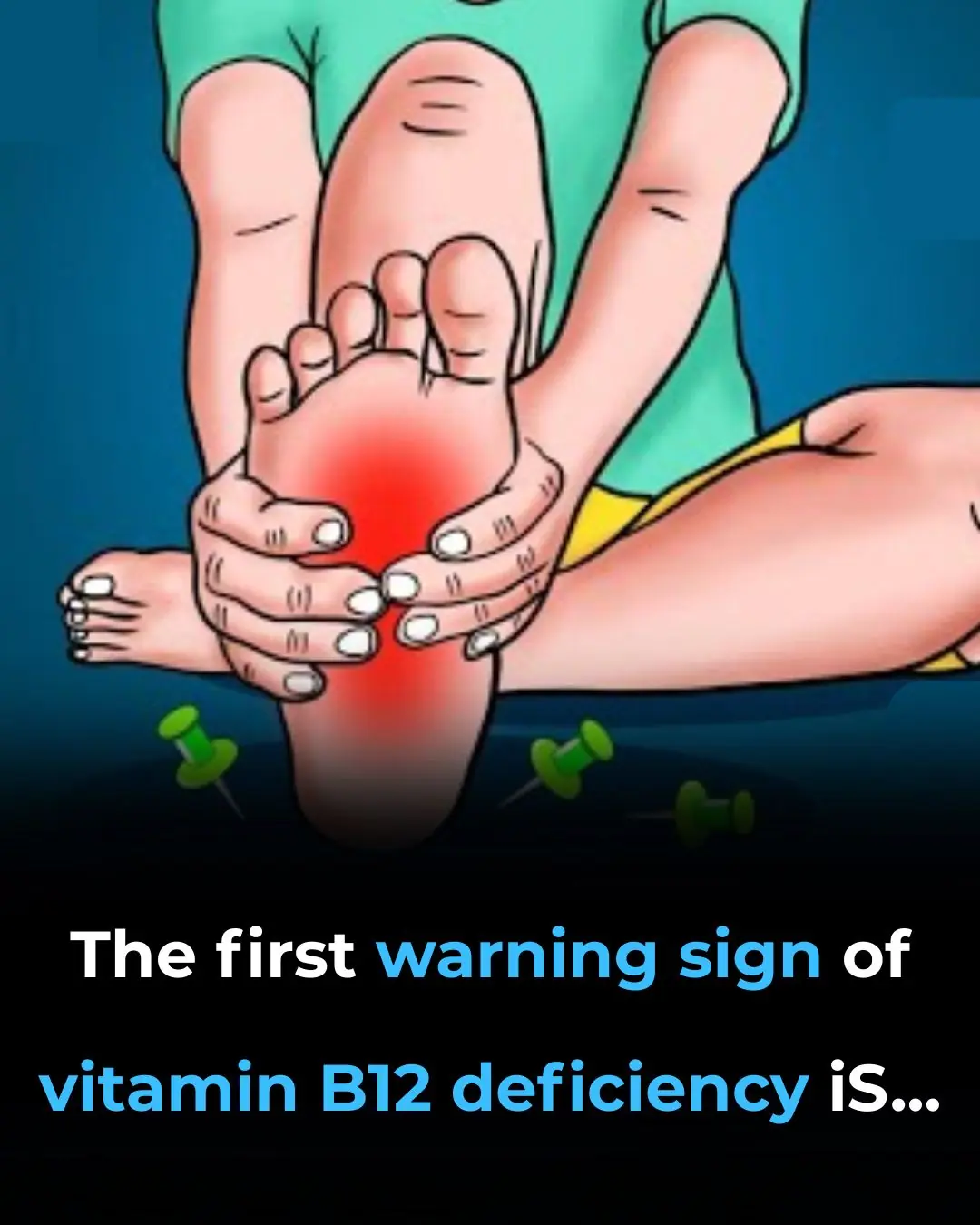
Top Signs of Iron Deficiency and How To Increase Iron Levels In Your Blood

Doctors Suspected Baby Had Mouth Tumor—The Shocking Truth Left Them Speechless

Why Some People Never Break A Bone—3 Wild Theories Explained

JAW DROPPING SIMULATION SHOWS WHAT HAPPENS TO YOUR BODY WHILE FASTING FOR 36 HOURS TO ACHIEVE 'FULL RESET'

6 Health Benefits of Sleeping In a Cold Room and How to Make it Cooler- And Why You May Not Want to Use a Fan

Dentists Explain What Those Black Triangles Are Between Your Teeth

This optical illusion may help identify autistic traits in seconds
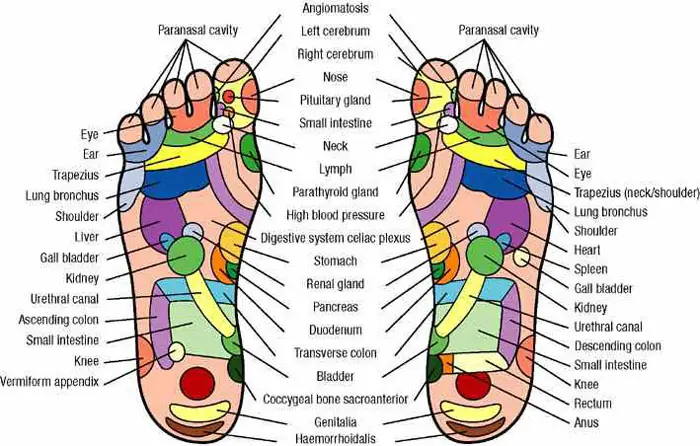
Pressure Points in Your Feet: Use This Foot Massage Chart for Pain Relief
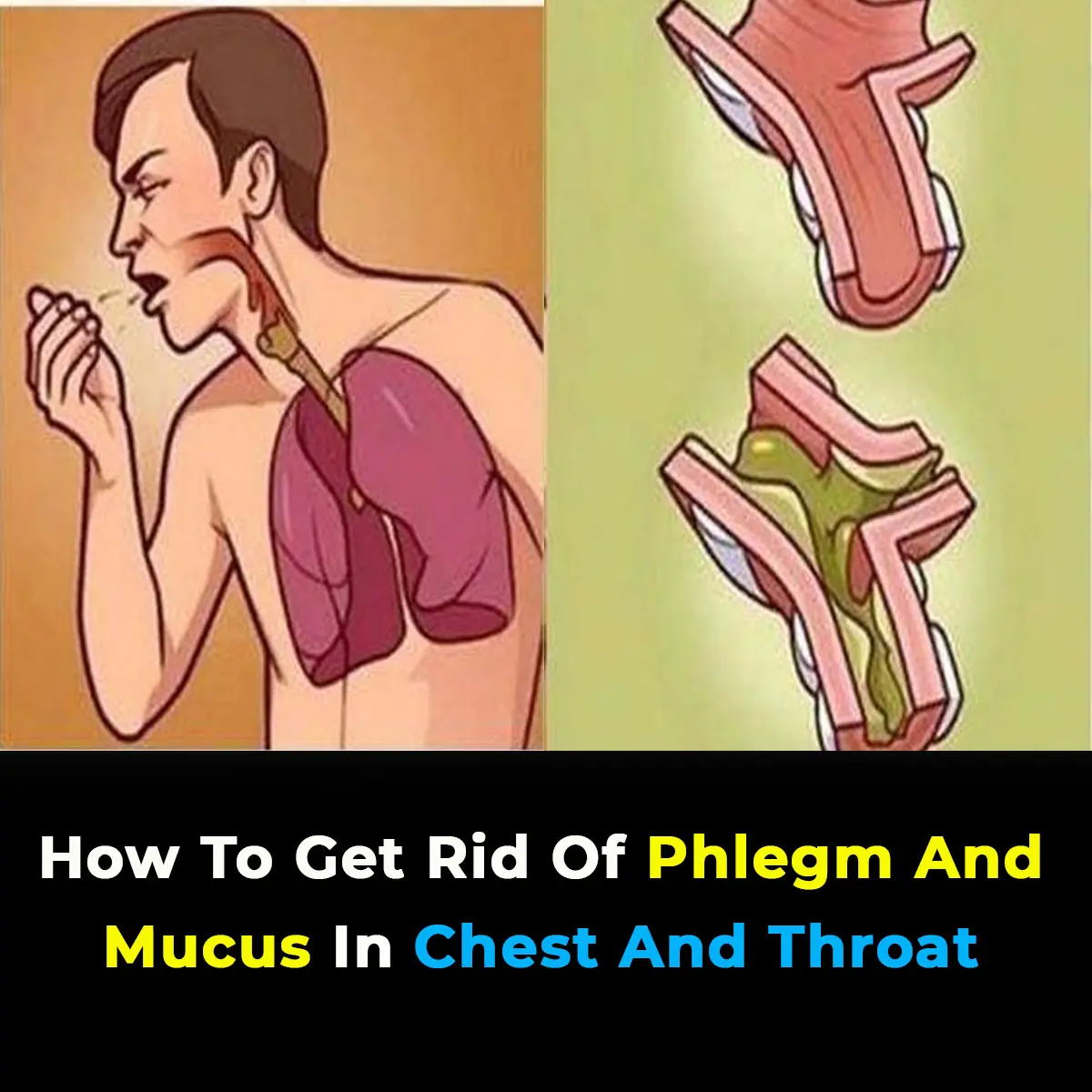
8 Ways To Get Rid Of Phlegm And Mucus In Chest And Throat

Doctor Reveals Surprising Thing That Occurs When You Don’t Eat – and It’s The ‘Opposite’ of What Most People Think

10 Signs You May Have Kidney Disease
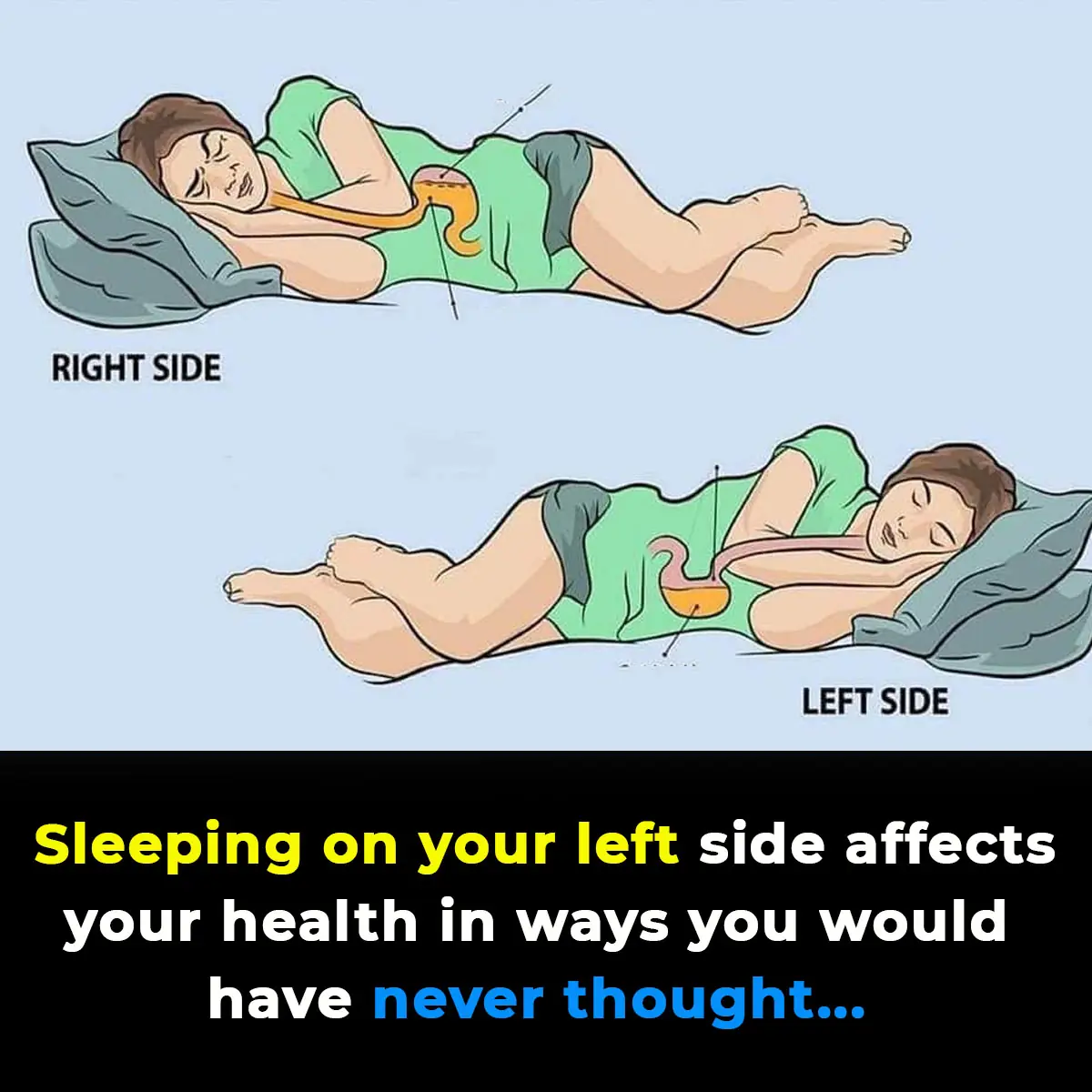
This is what sleeping on the left side does for our brain, stomach & glymphatic health

This Is What Happens When You Eat Too Much Sugar—#7 Will Sh0ck You!
Learn to recognize the red flags of sugar overload before it sabotages your health
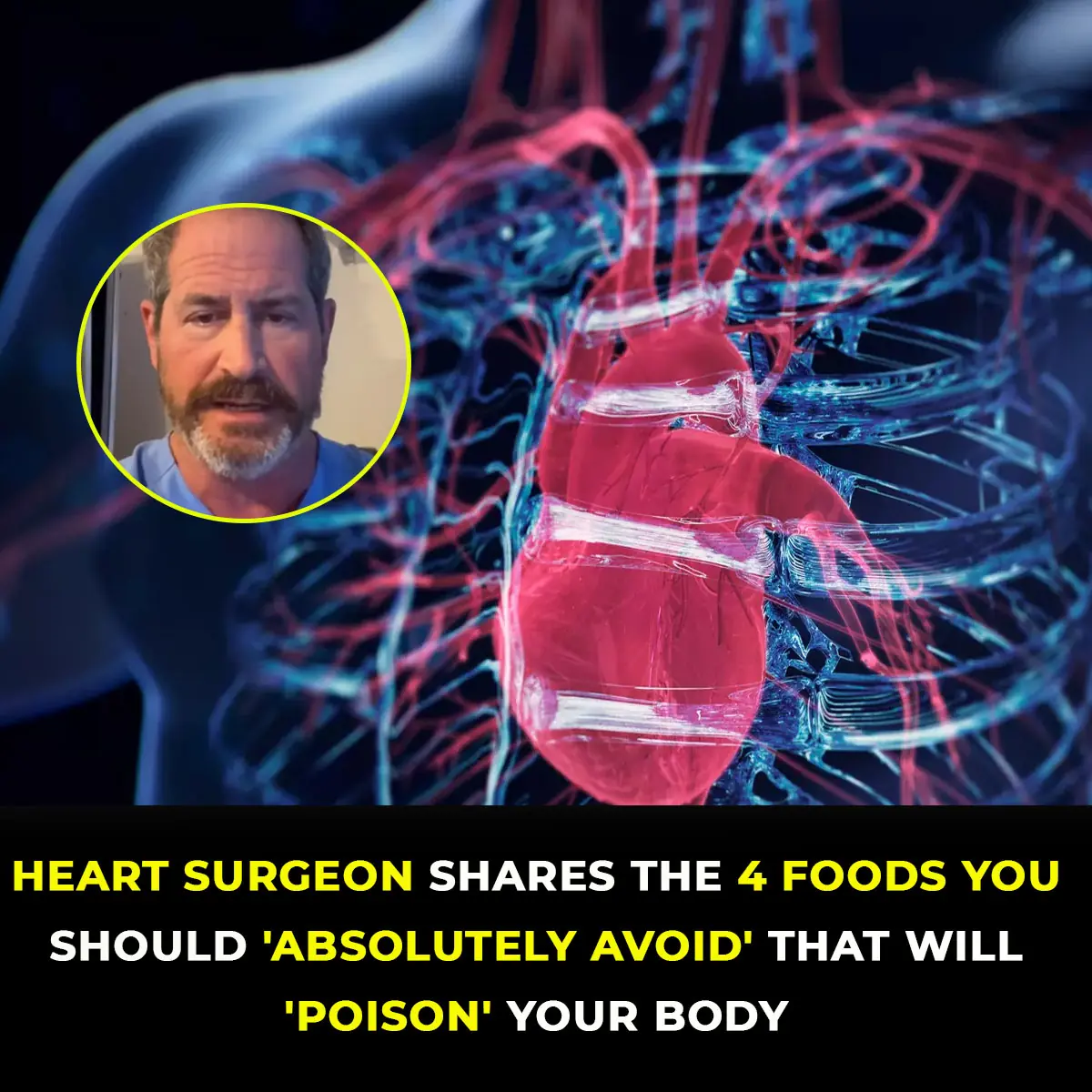
Heart Surgeon Reveals 4 Foods You Should ‘Always Avoid’ That Will ‘Poison’ Your Body
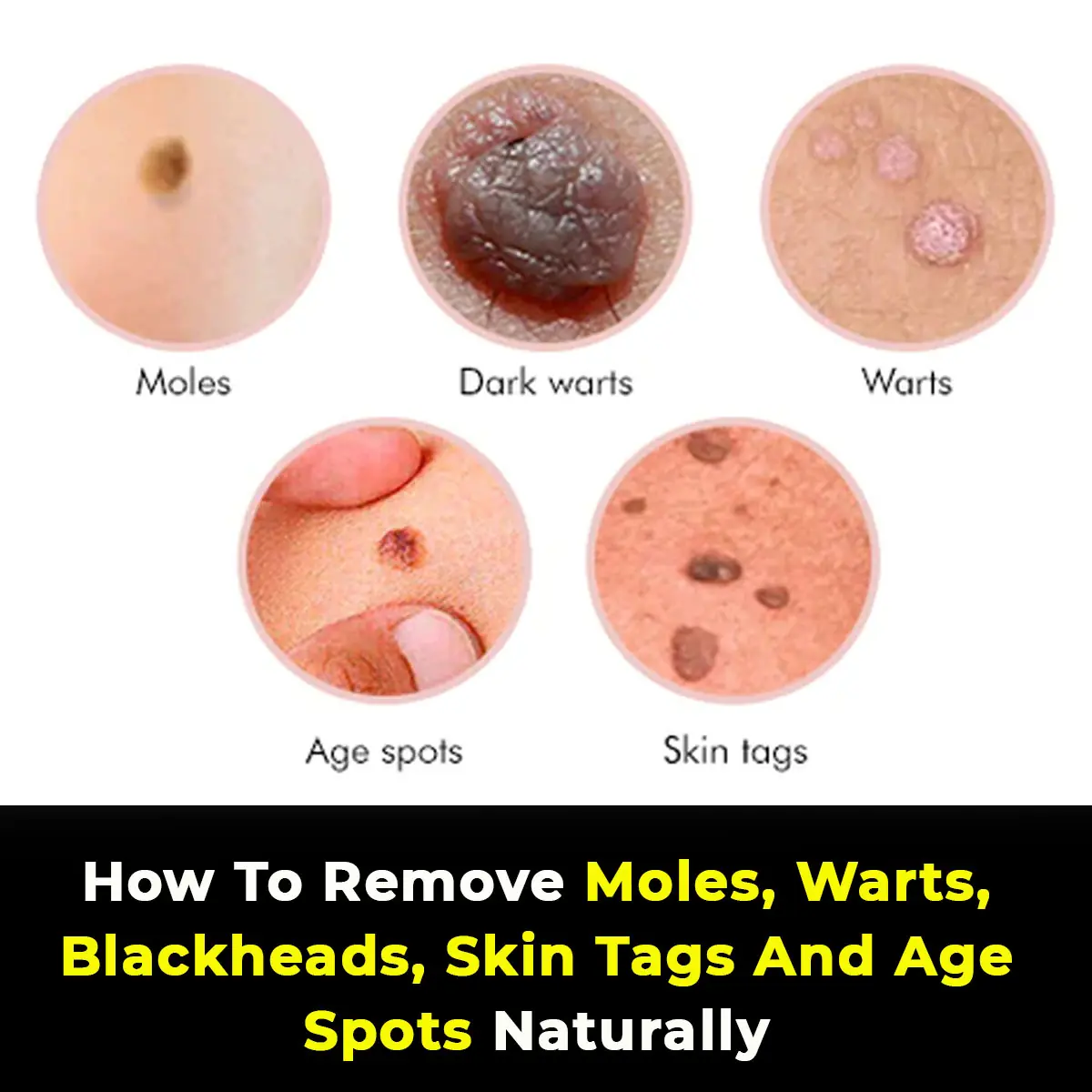
Natural Skin Care: What Can You Try To Remove Age Spots, Moles, Skin Tags, Warts, And Blackheads?

10 Signs You’re Living With Clogged Arteries
News Post

After I Saw The Baby My Wife Gave Birth To, I Was Ready To Leave Her — But Then She Said, “There’s Something I Need To Tell You.”

Medicinal Health Benefits of Garlic (Raw, Supplement) – Science Based

Mom Sells Old Stroller to Feed 4 Kids, Finds It on Her Doorstep the Next Day with Note Inside – Story of the Day
A pregnant mother of three needs to sell her stroller to feed her three children after she was abandoned by her husband.

A Father’s Redemption: How One Dad’s Love Gave His Disabled Daughter a Future Beyond Her Dreams
Prom Night Miracle: Devoted Dad Takes Disabled Daughter to Prom—Then Finds a $10K ‘Dad of the Year’ Surprise!

He Wouldn’t Take Off His Hat In Class—But When I Found Out Why, Everything Changed

THEY SAID I COULDN’T KEEP MY JOB AND RAISE HER—SO I TOOK HER ON THE ROAD

A Stranger Yelled At My Daughter In Public—So I Made Sure She Got What She Deserved

My Cousin Got A Job At My Ex’s Restaurant—And Then Sent Me A Photo Of What He Found In The Walk-In

Warning Symptoms of Vitamin B12 Deficiency and How to Fix It

Tingling Sensation In Your Body: Why Does It Happen

High Blood Sugar Warning Signs

Earth Plunged Into Darkness For Six Minutes In Rare Event Not Seen In A Century

The Hidden Meaning Behind Leg-crossing — It’s More Than Just Comfort

Scientists Warn: Universe’s ‘Self-Destruct Button’ Could Trigger Without Warning

WORLD'S FIRST DATE SOFT DRINK

We weren’t the only humans just the last ones left to tell the tale

Japanese “Baba Vanga” Meme Resurfaces After July 2025 Tsunami Triggers Alerts

Top Signs of Iron Deficiency and How To Increase Iron Levels In Your Blood

Doctors Suspected Baby Had Mouth Tumor—The Shocking Truth Left Them Speechless
